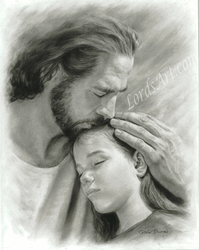 Bury the hatchet - Idiom., means "to forget past grudges, make peace, and be friends again with former enemies;" originated from the Native American custom of literally burying their hatchets [called tomahawk- stone axe] and scalping knives as a sign of making peace.********************
Bury the hatchet - Idiom., means "to forget past grudges, make peace, and be friends again with former enemies;" originated from the Native American custom of literally burying their hatchets [called tomahawk- stone axe] and scalping knives as a sign of making peace.********************How exactly does one who has sustained deep emotional wounds and is still bleeding from a recent betrayal and deception "bury the hatchet"?
I can bury my hatchet, but I cannot promise not to "unearth" it the next time some insensitive vermin attempts to hurt, betray, or deceive me. Such is my predicament. I want to bury past hurts, pains, and bitterness, but it just seems so difficult to forget the lies,insults, and hurtful words uttered. Equally hard is recalling the happy moments before the rift or feud, to somehow make forgiving a lot easier.
I remember I wrote a little poem in college, which says:
"These are the things that torment me to death:
The things I can't recall and those I can't forget."
What I learned from the experience of being deceived and betrayed by the one person I least expect to hurt me, is this: that there is no point in wallowing in my pain and bitterness, in fretting about and grieving over my misfortune. Time will eventually efface all traces of the wrong done against me. Time is one of God's blessings to those who hurt. Time heals all wounds.
But some wounds leave ugly scars, which constantly remind us that we were once trampled upon, deceived, betrayed.
It is at this point of hopelessness that I hold on to the WOrd: "Do not fret because of evildoers...for they shall be cut down like the grass, and wither as the green herb...He shall bring forth your righteousness as the light, and your justice as the noonday." -Psalm 37:1-2, 6
"Vindication does not come from self-defensive arguments; it stems from integrity." -Psalm 26:1
With these assurances that God will vindicate me, I feel more secure. I strongly believe in Divine Justice. I don't think I'd still need my hatchet. But I'm not burying it. I'm BURNING it.#














